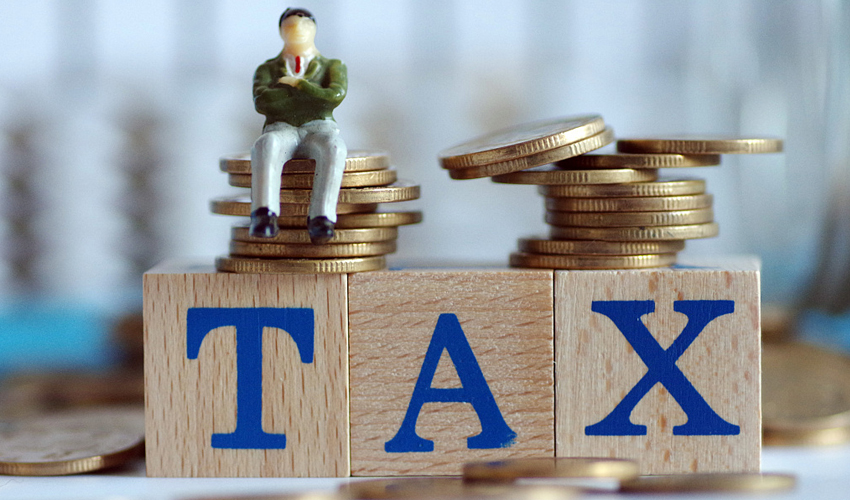The government has introduced a proposal in the upcoming budget to levy new taxes on various sectors while abolishing certain exemptions. Despite the reservations of the IMF, the proposal aims to give tax exemptions to certain sectors in the budget.
The proposal aims to provide significant tax concessions for the establishment of agricultural warehouses and the insurance sector, sources revealed.
They further said that key highlights of the proposal include a 10-year tax exemption on the import of storage and warehouse equipment, aimed at ensuring food security across the country. These tax exemptions are expected to benefit companies providing warehouse services for agricultural commodities.
According to sources, this measure could help farmers reduce their annual losses due to spoilage of produce like wheat, rice, and fruits by enabling long-term preservation in modern and reliable storage facilities. By establishing modern and reliable warehouses, losses can be avoided, the sources said.
Additionally, the government anticipates that these modern warehouses will not only support farmers in storing and preserving their produce, such as wheat, rice, and fruits for a long time, but will also eventually contribute to government tax revenues.
“Farmers will be able to store their produce in these warehouses and storage centres, which will prevent spoilage and financial losses,” sources explained.
The proposal also suggests offering tax credits on investments in life insurance, health insurance, and microinsurance products. This includes possible tax credits on premiums paid for personal accident, travel insurance, household insurance, and private motor insurance. A one-year tax credit on home property and household insurance is also under consideration.
Moreover, the proposal outlines an increase in the annual income tax exemption limit by Rs300,000, potentially raising the exemption threshold to income worth Rs900,000 per year.
However, the proposed budget also includes measures to increase tax duties on imported goods and GST on food items. Notably, it suggests an 18% GST on baby milk, medical and surgical equipment, and imported packaged food. There are also plans to abolish withholding tax, remove sales tax exemptions, and raise customs duty rates. Furthermore, the proposal recommends increasing the GST rate on solar panels, which could impact the renewable energy sector.
The budget, initially slated to be presented on June 7, has been rescheduled to June 10 due to the prime minister's visit to China.
These proposed reforms reflect the government's efforts to balance economic growth with fiscal responsibility, though they may face challenges due to IMF's reservations. The detailed impact of these measures will unfold as the budget is debated and finalized in the coming weeks.



























